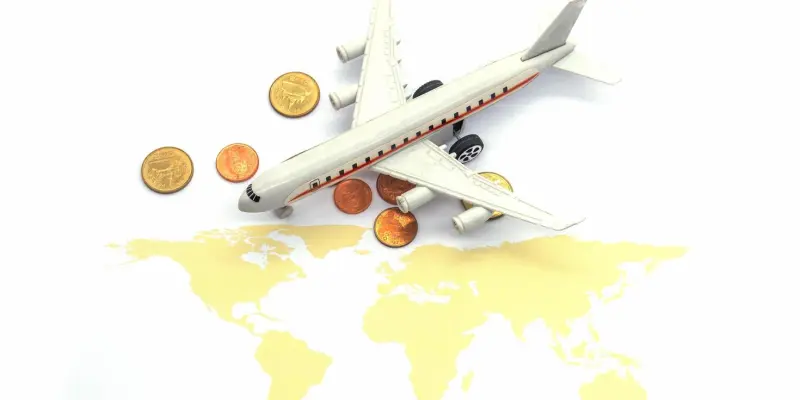In summer 2025, an intriguing shift is underway in how Americans finance their travel plans, with a marked increase in the use of “buy now, pay later” (BNPL) services. This developing trend allows consumers to spread the cost of their vacations over several payments rather than making a single hefty upfront expenditure. Offering a tempting appeal, BNPL is capturing the interest of nearly 18% of summer vacationers this year. However, the increasing inclination towards this financial model is raising discussions among economic advisors and policymakers about the potential risks tied to deferred payment schemes. While the immediate allure lies in the manageable payment structure, experts suggest that such practices might spiral into significant financial obligations in time. Notably, last summer’s trend data revealed that a concerning portion of travelers, with 30% of all Americans and an even higher 45% among Gen Z travelers, had not settled travel costs with credit cards. This raises questions about whether BNPL plans are always a sound choice for economically savvy travelers.
Trends in Travel Financing
This year’s reliance on BNPL reflects an overarching move towards more innovative and cost-effective travel choices. Agencies have noted that many travelers are keen to maintain their vacation lifestyles without bearing a massive financial burden. This broader societal trend sees individuals adopting diverse methods to economize travel, including favoring road trips, using credit card points, and opting for budget lodgings in place of upscale alternatives. However, while these strategies showcase travelers’ intent to save, they also point toward the growing aftermath of BNPL utilization—the risk of handling multiple concurrent debts. Many financial experts warn that such juggling could potentially pose a threat to prolonged financial well-being. According to the Consumer Financial Protection Bureau’s latest statistics, by 2025, a substantial number of BNPL users already juggled several loans, nudging them closer to critical financial pitfalls. The ease of small repayments might obscure the underlying costs, leading to inflated monthly dues and accruing interest, which could wipe out fiscal rewards or advantages it aimed to provide.
Credit Cards and Cost-Saving Strategies
Despite the growing appeal of BNPL services, credit cards continue to dominate as a prime choice for travel payments this year, with 85% of vacationers tapping into their lines of credit for funding purposes. Travelers are also adjusting their travel itineraries by employing pragmatic cost-saving measures. For example, a notable portion, approximately 91%, are planning to cut expenses by opting for budget accommodations, with 40% leaning towards economic lodgings while 39% focus on redeeming loyalty points. These cost-conscious decisions demonstrate a balanced approach towards prioritizing fiscal prudence while still indulging in enjoyable travel experiences. Many individuals are still looking for added perks, such as complimentary breakfasts, which remain a valued component, with 41% opting for this benefit.
Maintaining financial discipline and foresight, experts like financial advisor Sally French counsel vacationers to adopt a comprehensive strategy to effectively manage travel costs. Steps like setting realistic budgets and accounting for all potential expenses are crucial. This prudent financial planning resonates with a broader narrative encouraging travelers to not lose sight of their economic goals while savoring their trips. There’s a distinct emphasis on bridging the gap between an enjoyable holiday and preventing the looming burden of long-term debts, especially in light of popular financial options such as BNPL, which demand sagacious financial planning.
Lessons for the Future
In the summer of 2025, there’s a notable shift in how Americans are funding their travel adventures, with a rising popularity in utilizing “buy now, pay later” (BNPL) services. This emerging trend is appealing to consumers by allowing them to break down the cost of their trips into multiple payments instead of paying a large amount all at once. Nearly 18% of vacationers this summer are attracted to this payment option. While it offers an enticing way to manage expenses, this growing trend has sparked debate among economic advisors and policymakers. They are concerned about the potential pitfalls of deferred payments. Experts warn that it could eventually lead to significant financial liabilities. According to last summer’s statistics, about 30% of travelers, including an even larger group of 45% from Gen Z, didn’t use credit cards for travel expenses. These figures prompt discussions on whether BNPL is truly a financially prudent option for travelers keen on maintaining economic stability.

